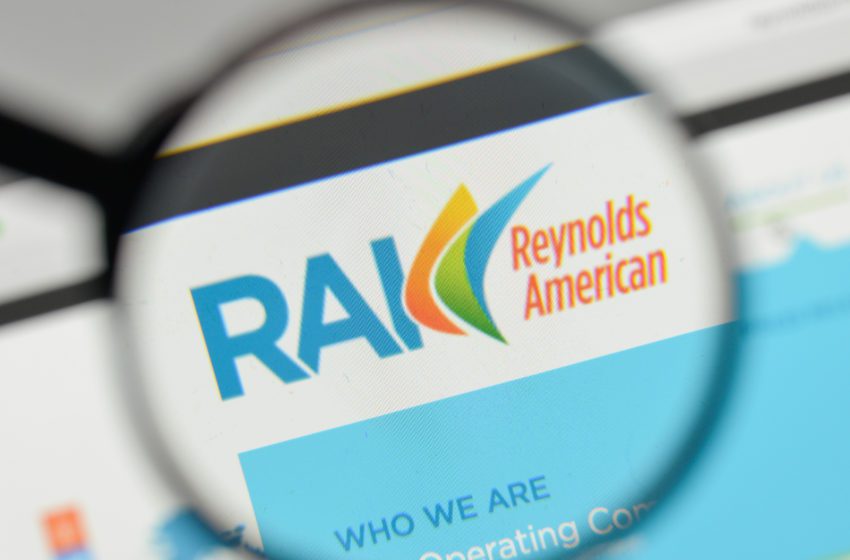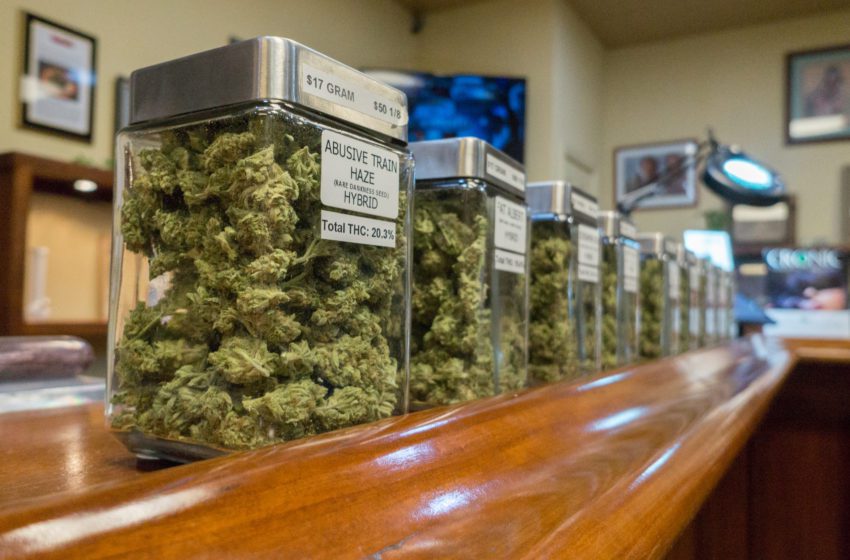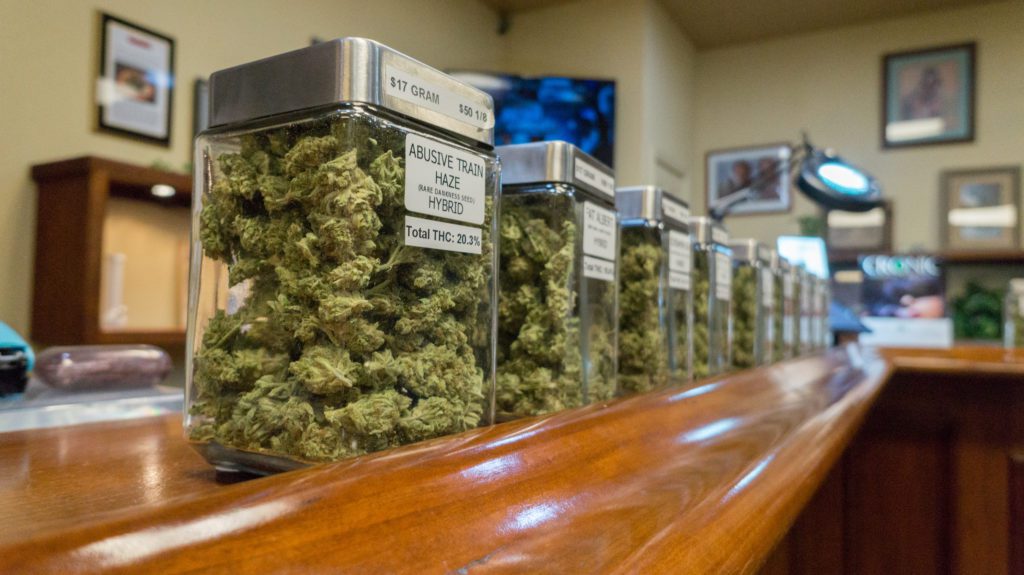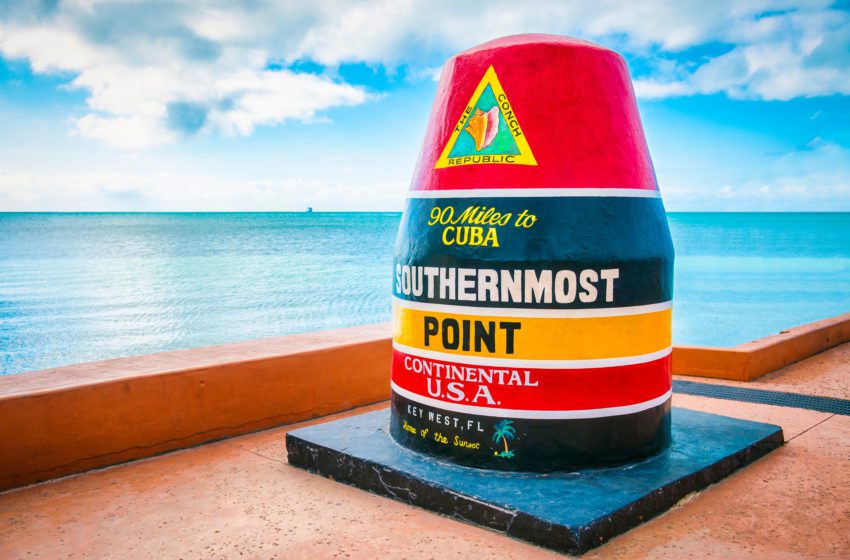
RAI Services Company submitted a citizen petition asking the U.S. Food and Drug Administration to adopt a new enforcement policy directed at “illegally marketed disposable electronic nicotine delivery system” (ENDS) products.
The petition was filed on Feb. 6 and posted by the FDA to Regulations.gov for public comment on Feb. 8.
RAI Services and R.J. Reynolds Vapor Company, the maker of Vuse e-cigarettes, are owned by BAT. Vuse is the most popular brand in the c-store segment, according to Neilsen data.
“As the Agency well knows, use of ENDS products in the United States has shifted to disposable products. And a new enforcement policy, one that is specifically directed at these disposables that are on the market illegally, is needed to better protect public health,” the petition states.
Reynolds requested that the FDA prioritize enforcement for:
- Any flavored disposable ENDS (except for tobacco- or menthol-flavored products);
- Any disposable ENDS containing nicotine derived from any source other than tobacco that lacks premarket authorization;
- Any disposable ENDS containing nicotine derived from tobacco that was not on the market as of August 8, 2016, or for which the manufacturer either failed to submit an application by September 9, 2020, or submitted a PMTA to FDA by that deadline, but received a negative action that is not being challenged in court;
- Any disposable ENDS for which the manufacturer has failed to take (or is failing to take) adequate measures to prevent minors’ access; and
- Any disposable ENDS targeted to, or whose marketing is likely to promote use by, minors.
Reynolds does not sell disposable vapes or vaping products in flavors other than tobacco or menthol. The U.S. Court of Appeals for the Fifth Circuit granted an administrative stay of an FDA marketing denial order (MDO) for two R.J. Reynolds Vapor Co. menthol flavored refill pods.
“Such a policy,” writes Reynolds regarding its desired enforcement priorities, “will close an existing loophole in FDA’s current tobacco enforcement efforts, especially when it comes to youth.”




















